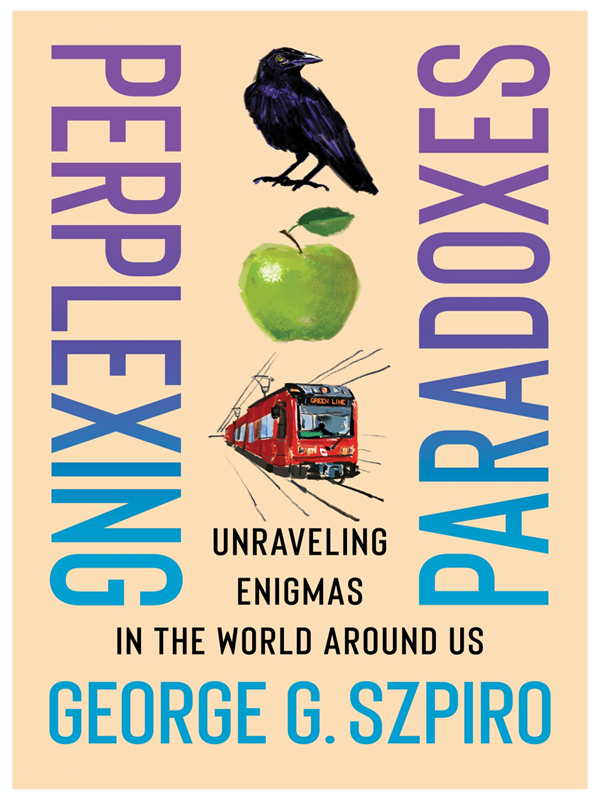

Most ebook files are in PDF format, so you can easily read them using various software such as Foxit Reader or directly on the Google Chrome browser.
Some ebook files are released by publishers in other formats such as .awz, .mobi, .epub, .fb2, etc. You may need to install specific software to read these formats on mobile/PC, such as Calibre.
Please read the tutorial at this link: https://ebookbell.com/faq
We offer FREE conversion to the popular formats you request; however, this may take some time. Therefore, right after payment, please email us, and we will try to provide the service as quickly as possible.
For some exceptional file formats or broken links (if any), please refrain from opening any disputes. Instead, email us first, and we will try to assist within a maximum of 6 hours.
EbookBell Team

4.4
82 reviewsWhy does it always seem like the elevator is going down when you need to go up? Is it really true that 0.99999 . . . with an infinite number of 9s after the decimal point, is equal to 1? What do tea leaves and river erosion have in common, per Albert Einstein? Does seeing a bed of red flowers help prove that all ravens are black? Can we make sense of a phrase like "this statement is unprovable"?
Exploring these questions and many more, George G. Szpiro guides readers through the puzzling world of paradoxes, from Socratic dialogues to the Monty Hall problem. Perplexing Paradoxes presents sixty counterintuitive conundrums drawn from diverse areas of thought—not only mathematics, statistics, logic, and philosophy but also social science, physics, politics, and religion. Szpiro offers a brisk history of each paradox, unpacks its inner workings, and considers where one might encounter it in daily life. Ultimately, he argues, paradoxes are not simple brain teasers or...
Why does it always seem like the elevator is going down when you need to go up? Is it really true that 0.99999 . . . with an infinite number of 9s after the decimal point, is equal to 1? What do tea leaves and river erosion have in common, per Albert Einstein? Does seeing a bed of red flowers help prove that all ravens are black? Can we make sense of a phrase like “this statement is unprovable”?
Exploring these questions and many more, George G. Szpiro guides readers through the puzzling world of paradoxes, from Socratic dialogues to the Monty Hall problem. Perplexing Paradoxes presents sixty counterintuitive conundrums drawn from diverse areas of thought—not only mathematics, statistics, logic, and philosophy but also social science, physics, politics, and religion. Szpiro offers a brisk history of each paradox, unpacks its inner workings, and considers where one might encounter it in daily life. Ultimately, he argues, paradoxes are not simple brain teasers or abstruse word games—they challenge us to hone our reasoning and become more alert to the flaws in received wisdom and common habits of thought.
Lighthearted, witty, and conversational, Perplexing Paradoxes presents sophisticated material in an accessible way for all readers interested in the world's boundless possibilities—and impossibilities.
George G. Szpiro is an author and journalist who was a longtime correspondent for the Swiss daily Neue Zürcher Zeitung. His many books include Numbers Rule: The Vexing Mathematics of Democracy, from Plato to the Present (2010) and Risk, Choice, and Uncertainty: Three Centuries of Economic Decision-Making (Columbia, 2020). Szpiro was on the faculty at the Wharton School, University of Pennsylvania, and the Hebrew University in Jerusalem.